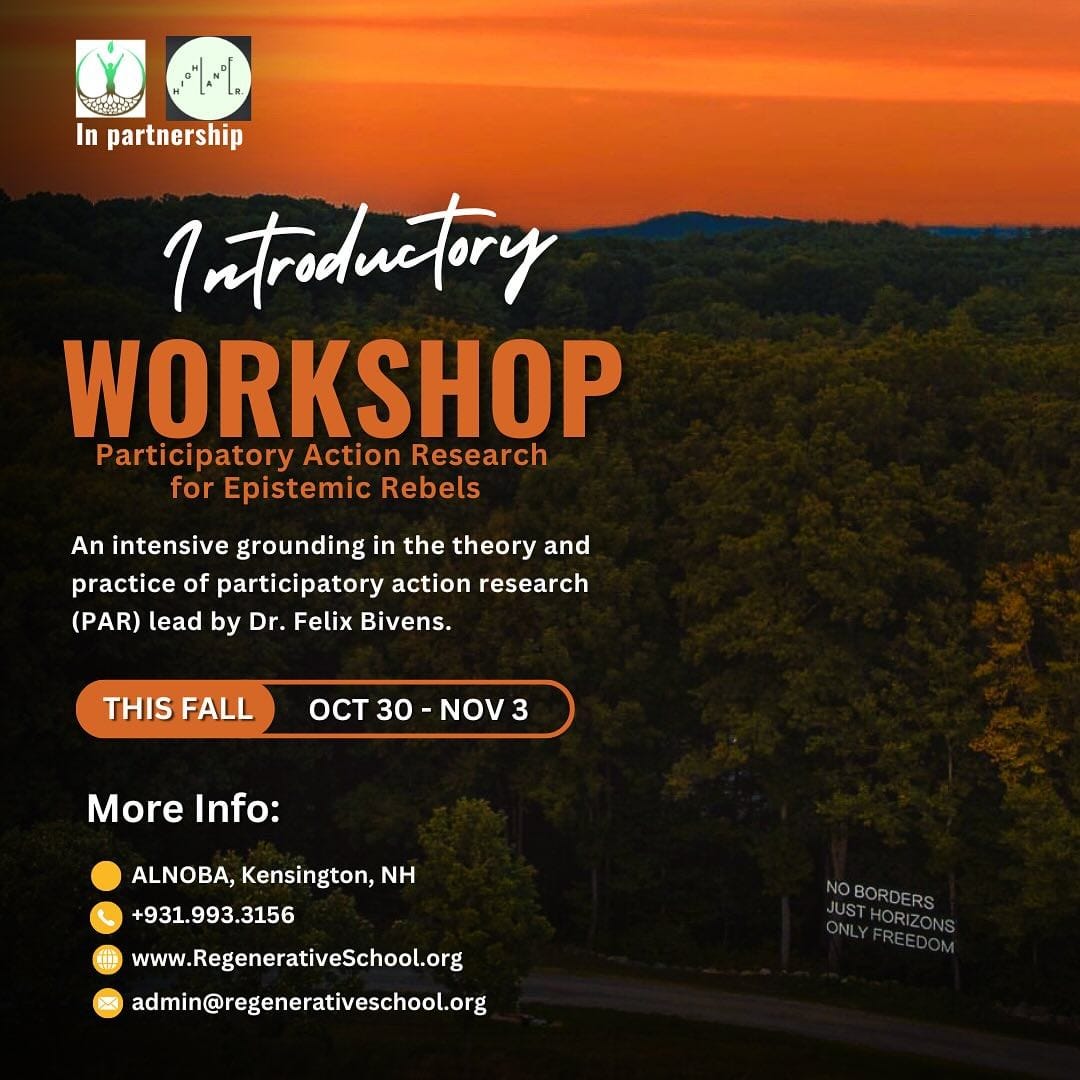This week is the Celtic holiday of Lammas/Lughnasadh: the cross holiday between the summer solstice and Fall Equinox. It is often associated with the First Harvest. So what a good time to bring you some updates related to gardening! If you are following our social media, you might notice that we are doing a series of posts featuring different vegetables, fruits, and herbs that are all dynamics of regeneration.
Below is a reflection from Isabel on the garden in Amesbury as well as a reflection on the real costs of gardening/farming; an invitation to an upcoming gathering around gardens; and an invitation to the Fall PAR workshop. Please do share the PAR workshop especially amongst academics.
From Isabel:
It has been some beautiful weeks in the garden. We have brought in our first two harvests of cucumbers, beans, kale, and squash to our local food pantry - Our Neighbors table! The folks at the food pantry were so kind and helpful and it's so nice to see the garden shared with more people in our community. I will be keeping a harvest log all summer and fall. We are so excited to share at the end of the season the total weight of all the produce we have harvested and donated. So far we have donated eleven pounds of produce!
One side of the project we would like to share with you for this newsletter is our budget. In the name of transparency and education, it's important to talk about costs. Especially if you are trying to start a garden like this one at home or in your community, we want to share what it took to get our garden looking this beautiful so you can see what might be a sustainable scale for a garden you want to start.
Our garden is 4 feet wide by 96 feet long and our current spending on tools, inputs, and general supplies has been $1,403 USD. Here is a simplified layout of the costs of everything we bought:
Seedling trays: 128
Compost from Black Earth: 288 (with non-profit discount applied)
Fertilizer, seeds, and produce buckets from Johnny’s: 243
Gloves: 34
Gorilla Cart: 200
Irrigation: 167
Shade Cloth and wire for low tunnels: 162
Cattle Panel and t-posts for arches: 110
Pest management supplies (neem and castile soap): 20
Hand Tools: 44
*This does not include the generous donations of seeds and seedlings from community members. It also does not account for the tools and infrastructure that Camp Kent supplies such as their shed, gardening tools, larger shovels, lawn mower/weed wacker, hoses, water access and so much more.
Another part of the budget not included above is the cost to pay people for the work it takes to run a garden.
This includes the costs to pay me and the other two community members involved in this project. I am currently being paid $20 an hour as a contractor to care for the garden and related activities. In my case, this includes educational events, grant writing, donating to the food pantry, writing newsletters, maintaining Instagram, and working with volunteers. I am also being reimbursed for driving. From January to June, the cost to employ me has been $5,575 dollars.
If anyone has any questions about our budget or is interested in learning more please feel free to reach out!
Editor's note: There are many different ways of financing community gardens, as well as figuring out how to share the labor in your own garden. Not all community gardens have the funds to offer payment to the people who work really hard to support the garden. Some community gardens charge people to be able to grow their own food on plots in the community garden. This can offset different overarching costs. Other community gardens pay volunteer co-ordinators. Right now, Rē is able to pay a few people for the work it takes to create this beautiful garden - and to donate some of the food grown to people in need (instead of selling all the produce on the open market or only the members having access to food). We appreciate all of you who donated funds, time, seeds, tools, knowledge and other forms of support to help make this garden possible! Again, please reach out if you have any thoughts about different ways of financing and sharing the real work of community gardens.
Event updates!
We are so excited to meet people on August 12 for our community potluck! I am looking forward to joining folks in the Camp Kent garden im Amesbury and getting to show you around our space and answer any questions people have about our process.
Join us at the Camp Kent garden to learn and celebrate Indigenous gardening practices with members from the Abenaki Community.
We will meet together on September 8th at 10:30 am.
We will do a tour of the garden and have corn husks to make corn-husk dolls! We can’t wait to celebrate all the beautiful plants we have been growing and to engage in the centuries-old and forever-young practice of crafting together! People of all ages are welcome!
FALL WORKSHOP
Introductory Workshop Participatory Action Research for Epistemic Rebels
Date: October 30th to November 3rd, 2024
Location: ALNOBA, Kensington, NH
PAR is a decolonized approach to research which works with communities and marginal groups to create action and change based on their deep knowledge and capacity for analysis.
Sponsored by the Regenerative School, in partnership with the Highlander Research and Education Center, this 4-day workshop will provide an intensive grounding in the theory and practice of participatory action research (PAR).






